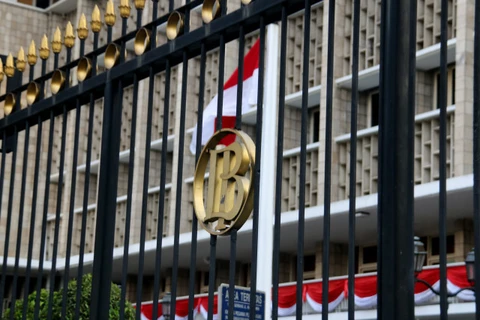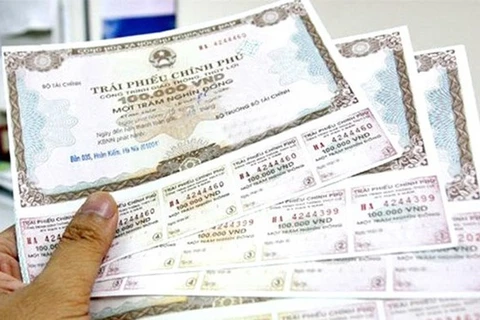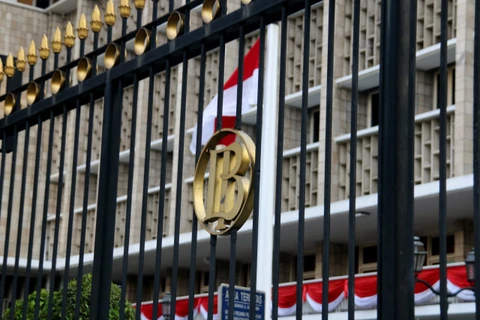Jakarta (VNA) – The issuance of corporate bonds in Indonesia will likely decline this year as many companies shelve plans to seek funding because of unfavorable global economic conditions, analysts have said.
Indonesia Securities Pricing Corporation (PHEI) has lowered its bond issuance forecast from 170 trillion rupiah (11.3 billion USD) to around 100 – 110 trillion rupiah this year in new issuances or refinancing.
The slowdown has been apparent since the first quarter of the year when a total of 21.34 trillion rupiah worth of bonds was issued, lower than 30.39 trillion rupiah in the same period last year, PHEI president director Yoyok Isharsaya said.
He attributed the decrease in bond issuances this year to growing uncertainties in the global economy caused by the COVID-19 pandemic, which has paralyzed the majority of economic activities around the world.
In early April this year, the International Monetary Fund (IMF) cut its projection for Indonesia’s GDP growth to 0.5 percent from 5.1 percent in its October projection. Based on the government’s worst-case scenario, economic growth could plunge to 0.4 percent, far lower than its initial estimate of 5.1 percent.
Rating agency Pefindo analyst Fikri C. Permana said on May 6 that he expected companies to delay their bond issuances as they waited for the right moment to get a reasonable cost of funding.
Although Indonesian central bank BI has lowered its interest rate, cost of funding is still quite high for companies at this time because the benchmark 10-year government bond yield has risen, he said.
The BI has slashed interest rates by 50 basis points this year, bringing the benchmark seven-day reverse repo rate down to 4.5 percent.
The low interest rate, however, has not brought down the corporate bond coupon rate, as Indonesia’s 10-year government bond yield currently sits at 8.07 percent, much higher than the 6.5 percent yield it recorded in early March before COVID-19 spread across the country.
Given the situation, Fikri expected corporate debt paper issuances this year to only reach 116.9 trillion rupiah, well below last year’s 146.49 trillion rupiah. Most of this year’s issuances are projected to be intended for refinancing purposes./.
VNA
























